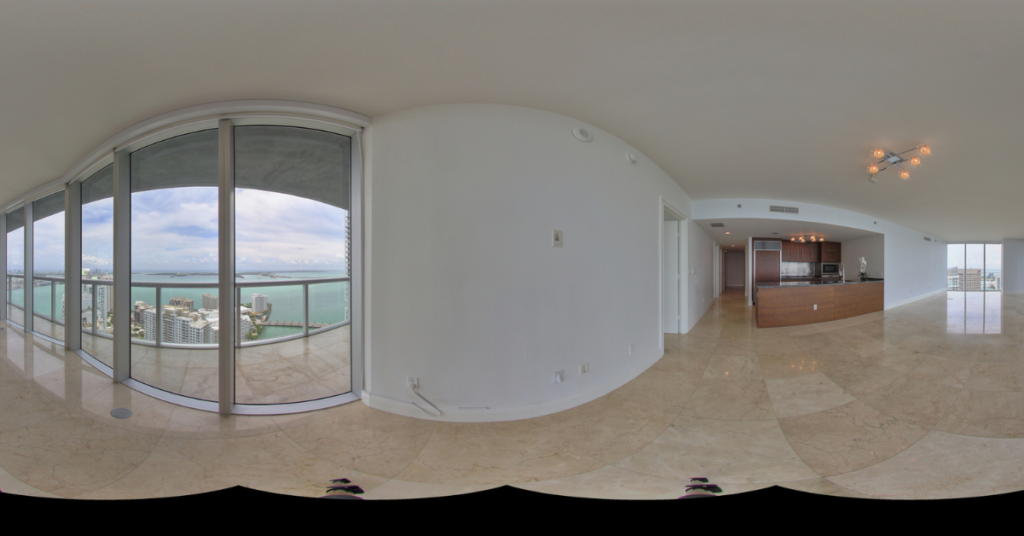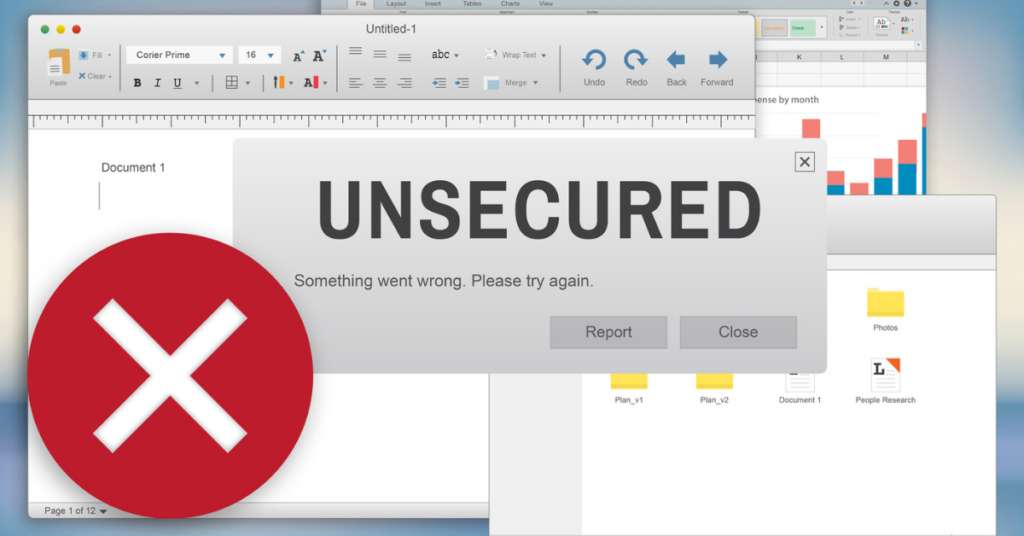
The real estate industry is changing, and so is property management. Remote work is transforming how we handle real estate. However, you should consider the pros and cons of the rise of remote property management.
In this blog, we’ll discuss the advantages and disadvantages of dealing with changes and opportunities in these changes. We will also explore how technology, changes in work environments, and future trends influence remote property management.
Pros of Remote Property Management
Cost Savings
Remote property management services can offer several advantages, including cost savings. Here are some pros related to cost savings:
- Reduced Overhead Costs: Remote working eliminates the need for physical office space, reducing rent expenses, utility bills, and maintenance costs associated with maintaining a traditional office.
- Staffing Efficiency: Technology can often streamline property management tasks, allowing for efficient staffing. Automation and digital tools can handle routine tasks, reducing the need for an extensive on-site staff.
- Travel Expenses: Property managers and staff can save on travel expenses using remote management tools. They may only need to visit properties less frequently, and video conferencing and communication platforms can be used to connect with clients and tenants.
- Energy efficiency: Remote property management promotes energy efficiency by reducing the need for physical office spaces, leading to lower energy consumption. It also provides environmental benefits by reducing carbon footprint.
Enhanced Efficiency
In the fast-paced world of real estate management in Las Vegas and Henderson, efficiency is necessary. Remote work harnesses powerful software solutions. They offer several advantages, including:
Centralized Data Access
Remote work in property management provides centralized platforms where property managers can access and update information from any location. This streamlines data management, reducing the time spent on manual record-keeping and paperwork.
Real-Time Monitoring
Technology enables real-time remote monitoring of property conditions, security systems, and other crucial aspects. Remote property managers can receive instant updates and alerts, allowing them to respond promptly to any issues. Thus, they minimize potential damages and ensure the smooth operation of properties.
Automation and Technology Integration
Property management software and automation tools can streamline various processes, such as rent collection, maintenance requests, and communication. This increases efficiency and reduces the risk of errors associated with manual tasks.
Access to Specialized Expertise
One of the significant advantages of remote property management is access to specialized expertise. Here are some specific pros associated with this aspect:
Specialized Knowledge
Remote work allows property owners to tap into the expertise of professionals who may need to be physically located near the property. This is particularly beneficial when dealing with specific property types or unique challenges that require specialized knowledge.
Industry Trends and Regulations
Property management professionals who work remotely can stay abreast of industry trends, changing regulations, and best practices. This expertise is crucial for ensuring the property is managed efficiently and complies with local laws.
Access to a Wider Talent Pool
Remote property management allows property owners to hire talent from various locations, allowing them to select the best professionals for their specific needs. This access to a broader talent pool can result in higher-quality property management services.
Scalability and Flexibility

With property management platforms providing scalable services tailored to individual needs at any given moment—you’re always ready for expansion whenever the opportunity knocks.
Scalability
Remote work allows for easier expansion of property portfolios. Property managers can oversee more properties without needing physical presence, which can be done via virtual tours. This enables scalability without significant increases in operational costs.
Furthermore, managers can efficiently manage properties in different locations in the same city or across various regions. This geographic diversity can lead to a more diversified and resilient portfolio.
Flexibility
Property managers can achieve a better work-life balance through remote management. The flexibility of working from anywhere allows professionals to structure their work hours around personal commitments, contributing to increased job satisfaction.
Remote work also enables quick adaptation to market changes. Managers can easily adjust their strategies, respond to emerging trends, and make timely decisions without being tied to a specific location.
Improved Tenant Relations
Establishing solid relationships with tenants could make or break a successful rental business. Good rapport leads to fewer vacancies, prompt rent payments, and pleasant interactions. To achieve this, the focus is shifted towards a personal touch.
Cons of Remote Property Management
Limited Physical Oversight
One significant drawback of remote property management is the limited physical oversight. This limitation can lead to various challenges and drawbacks, including:
Maintenance Issues
Remote property managers may need help identifying and addressing maintenance issues promptly. Without being physically present, it can be challenging to assess the following:
- Property’s condition
- Identify potential problems
- Ensure that maintenance tasks are completed to a satisfactory standard
Property Inspections
Regular inspections ensure the property is well-maintained and complies with safety standards. Remote property managers may need help to conduct thorough inspections, which could lead to overlooked issues.
Communication Challenges

The success of remote management heavily relies on clear communication channels between owners, managers, tenants, and service providers. Misunderstandings or delayed responses can affect tenant relationships. Here’s why digital transactions may lead to miscommunication.
Lack of Face-to-Face Interaction
Remote property management relies heavily on digital communication tools, which may need a more personal touch of face-to-face interactions. Building relationships and trust with tenants, property owners, and service providers can be more challenging when communication is primarily through emails, phone calls, or video conferences.
Misinterpretation of Messages
Without the benefit of non-verbal cues and body language, there is a higher risk of misinterpreting messages. Text-based communication, such as emails or messages, may lead to misunderstandings that could be easily clarified in person.
Technology Issues
Reliance on technology for communication introduces the risk of technical issues, such as:
- Internet outages
- Software glitches
- Hardware failures
These issues can disrupt communication channels and hinder the property manager’s ability to address urgent matters promptly.
Difficulty in Emergency Response
Remote property managers may face challenges in coordinating quick responses in emergencies. The ability to physically assess a situation or provide immediate on-site assistance can help effective crisis management.
Security Concerns

Managing properties remotely introduces various security challenges that property owners and managers must address. Here are some concerns to take note of.
- Unauthorized Access: If these systems are not adequately secured, there is a risk of unauthorized access, which could compromise sensitive information.
- Data Breaches: Storing sensitive tenant information and property data electronically increases the risk of data breaches, which can lead to identity theft, fraud, and other malicious activities.
- Cybersecurity Risks: Malicious software, phishing attacks, and other cyber threats could compromise the system’s integrity.
Your Guide to the Pros and Cons of the Rise of Remote Property Management
The rise of remote property management presents both advantages and challenges. On the positive side, it provides flexibility, cost savings, and streamlined processes. Yet, challenges like the requirement for advanced technology, potential communication issues, and security concerns exist.
Faranesh Real Estate and Property Management understands and is equipped to handle these dynamics. Our expertise ensures effective remote property management solutions.
Contact us to capitalize on this trend’s advantages while addressing its challenges. We’ll optimize your property investment with the latest innovations in real estate management.

